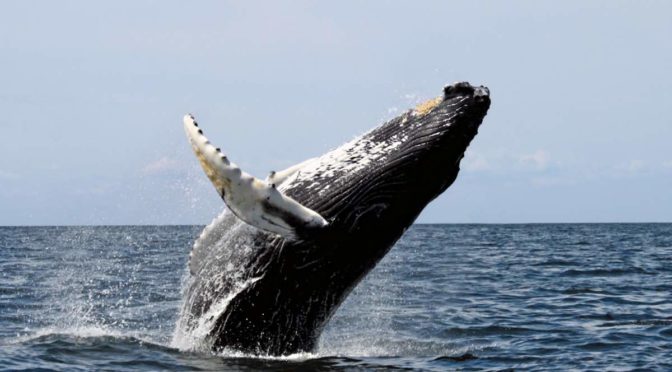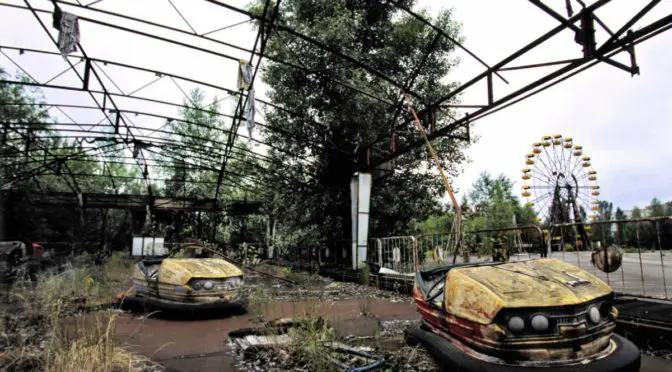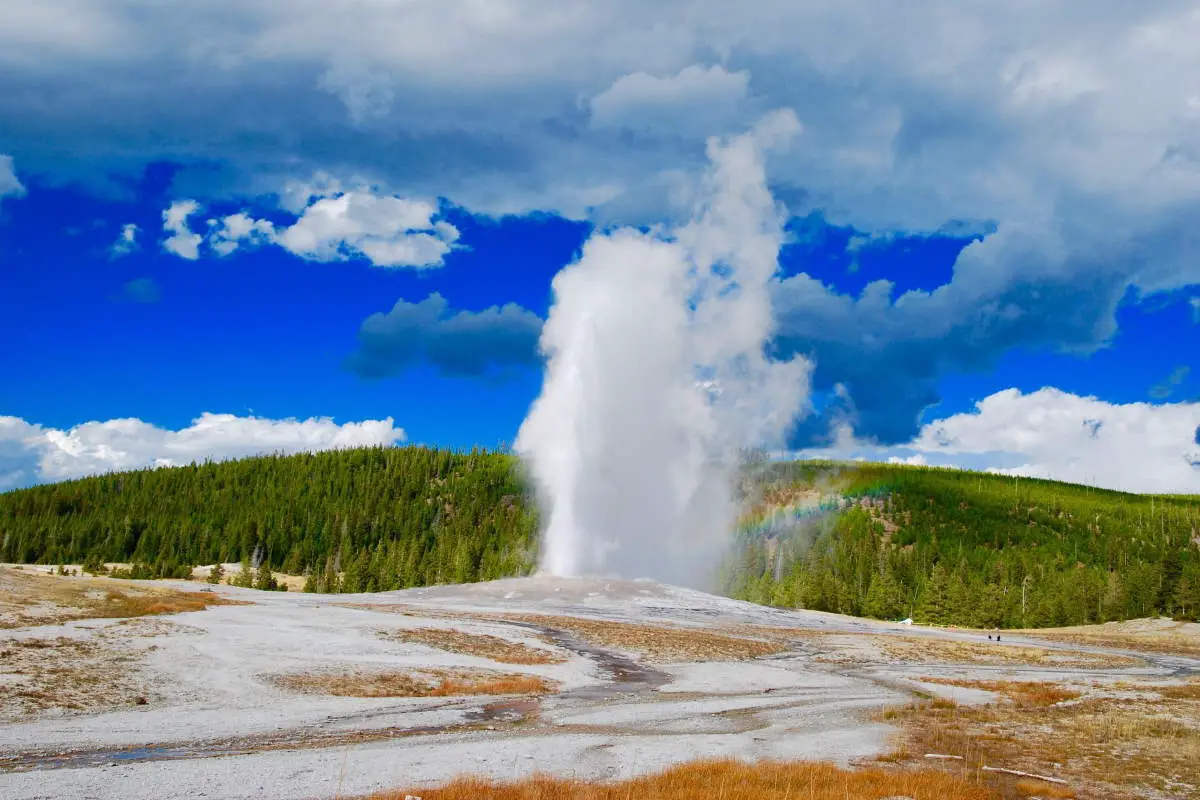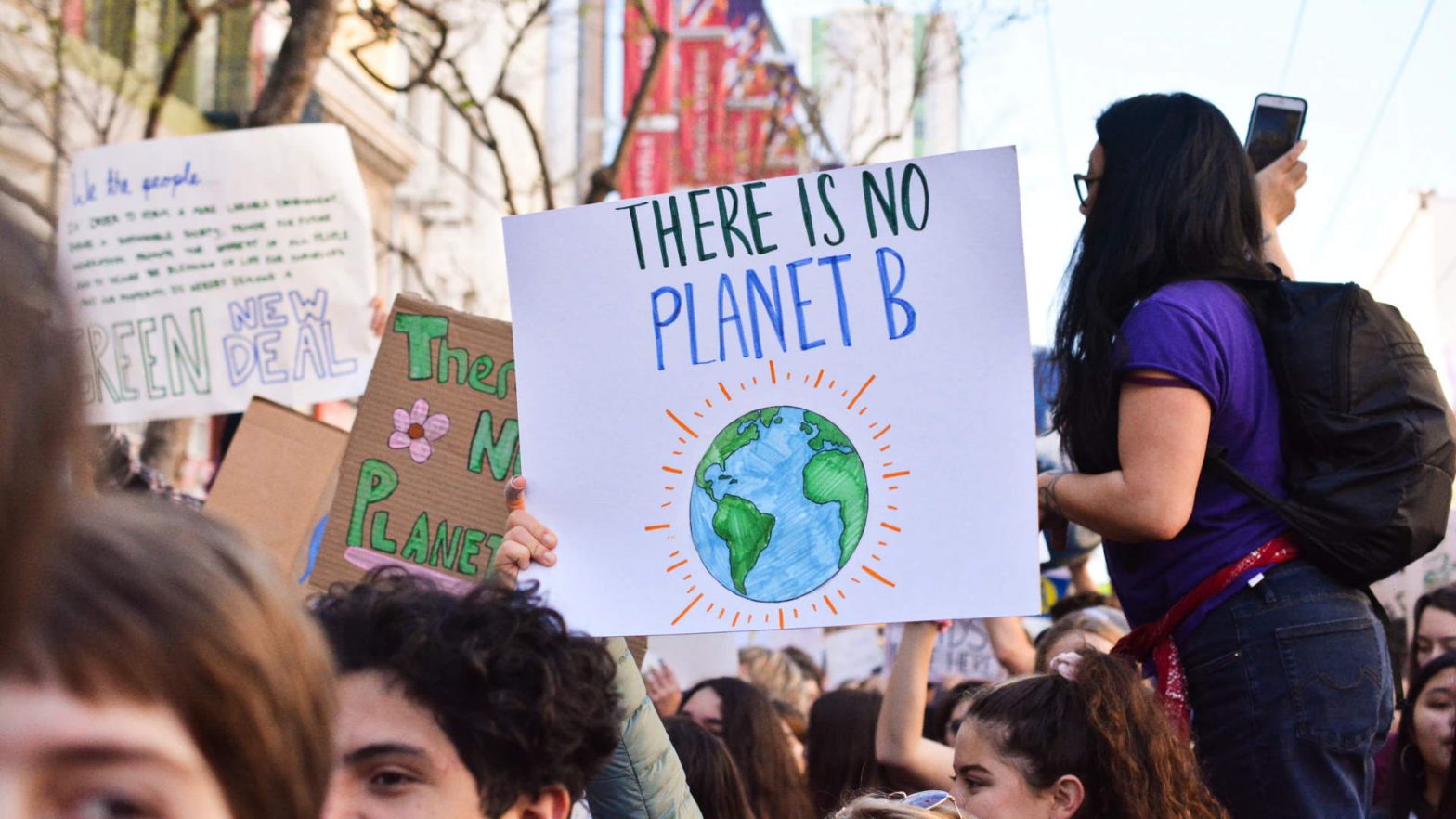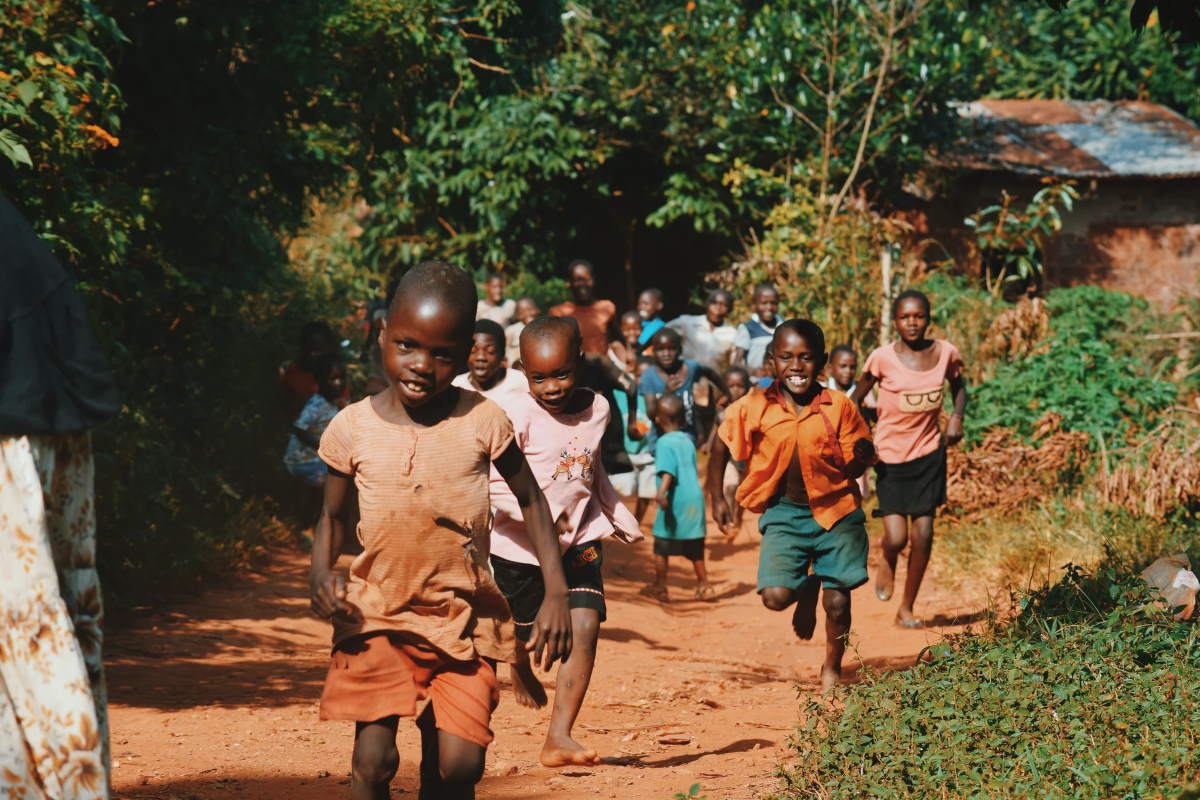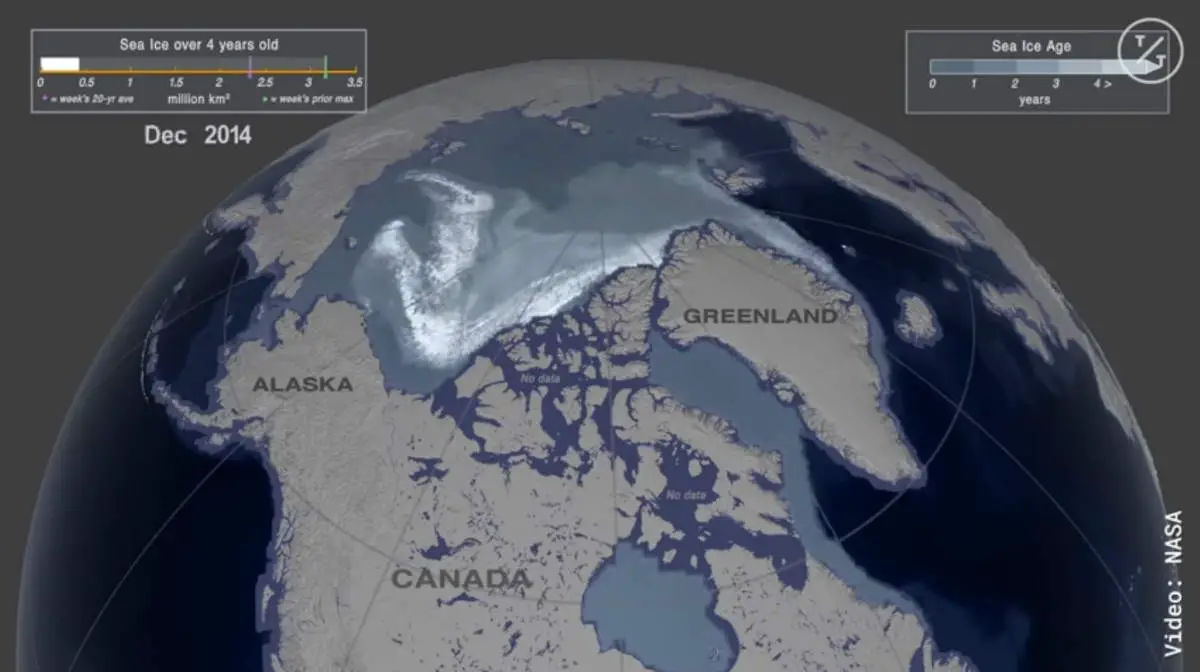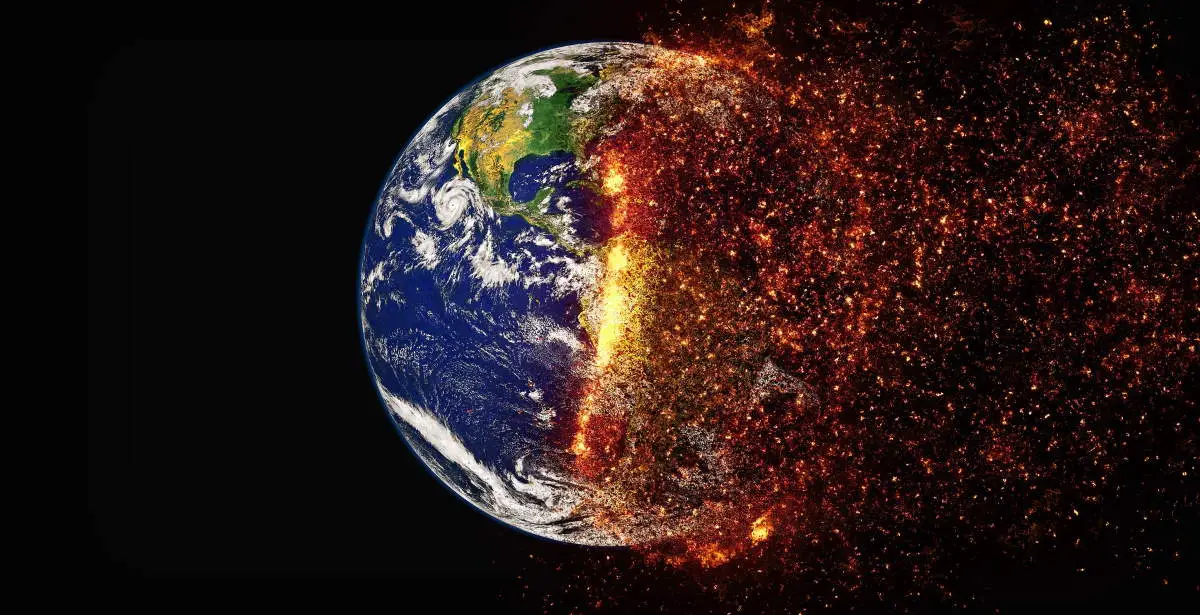According to a report published by the World Economic Forum, whales are a surprising weapon in the fight against climate change. Scientists say saving whales could be key to limiting global warming.
Category Archives: Global Warming
Will humans go extinct? For all the existential threats, we’ll likely be here for a very long time
Will our species go extinct? The short answer is yes. The fossil record shows everything goes extinct, eventually. Almost all species that ever lived, over 99.9%, are extinct. Some left descendants. Most – plesiosaurs, trilobites, Brontosaurus – didn’t. That’s also true of other human species. Neanderthals, Denisovans, H. erectus all vanished, leaving just H. sapiens. …
The Science Behind the Things That Kill Us (And How to Conquer Them)
Whether it’s gorging on junk food, smoking cigarettes, or binge-watching Netflix in lieu of exercise, bad habits are just part of the human experience. But what is it about negative behaviors, products, and lifestyle choices that make them so attractive? And why are they so addicting?
NASA visualizes the amount of ice loss from the polar ice caps
NASA has published visualizations of the amount of ice loss from the polar ice caps in a post titled “Visualizing the Quantities of Climate Change: Ice Sheet Loss in Greenland and Antarctica”.
Harnessing Geothermal Energy
Geothermal energy taps into and harvests the heat released from below the surface of the earth. It’s a renewable energy that doesn’t contribute to greenhouse gas emissions. Geothermal energy reduces our carbon footprint and doesn’t take up a structural footprint, either. Unlike the endless fields of wind turbines or solar panel arrays, most of the …
The Mechanics of the Greenhouse Gas Effect
Did you know that there used to be palm trees in the Arctic? It was 56 million years ago, but it was caused by greenhouse gases and carbon dioxide released into the atmosphere at an alarming rate. It’s hard to imagine palm trees swaying in a place we think of polar bears and glaciers, but …
Continue reading “The Mechanics of the Greenhouse Gas Effect”
Investigating Overpopulation: The Solutions
Urbanization is just one of the many effects of overpopulation here on Earth, along with the rapid dwindling of the natural environment as a whole. The general consensus across the scientific community is that a number of factors have contributed to global overpopulation. More than 7.7 billion people live on Earth as of 2020, largely …
Continue reading “Investigating Overpopulation: The Solutions”
How Climate Change Impacts California Wildfires
Every year, California wildfires force residents to temporarily evacuate their homes and seek refuge in shelters, motels, or with relatives. While the wildfire season is one of the few things that truly unites both Northern and Southern California, it’s also not a new phenomenon: you can track over a century of California wildfires recorded by …
Continue reading “How Climate Change Impacts California Wildfires”
The decline of Arctic Sea Ice Over the Past 35 Years
This NASA visualization shows a rapid decline in Arctic Sea ice over the last 35 years, based on satellite observations. The situation is really bad: in the 1st week of January 1988, over 1.2 million sq. miles (3.1 million km2) were covered by sea ice 4 years of age or older, compared with just over …
Continue reading “The decline of Arctic Sea Ice Over the Past 35 Years”
Carbon, Climate Change, and Public Health
The era of climate change is upon us, and if we stand idle, its far-reaching negative impact will only increase. Increased emissions of greenhouse gases like carbon dioxide, methane, and nitrous oxide play a significant role in the onset of climate change. Gases like these trap heat in the atmosphere, not allowing temperatures to fall. …
Continue reading “Carbon, Climate Change, and Public Health”
